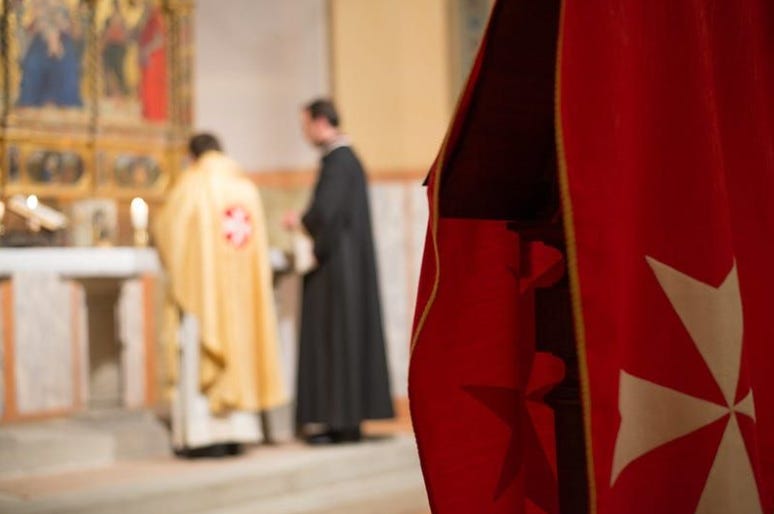
Pope Francis issued a decree on Saturday making sweeping changes to the Sovereign Military Order of Malta.
In the decree issued Sept. 3, the pope approved a new constitutional charter and code for the almost 1,000-year-old institution, which will enter into effect immediately.
The pope announced an Extraordinary Chapter General of the order, to be held on…
